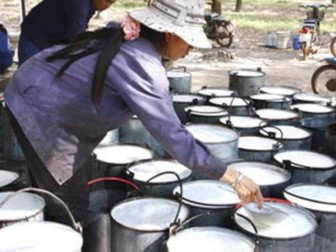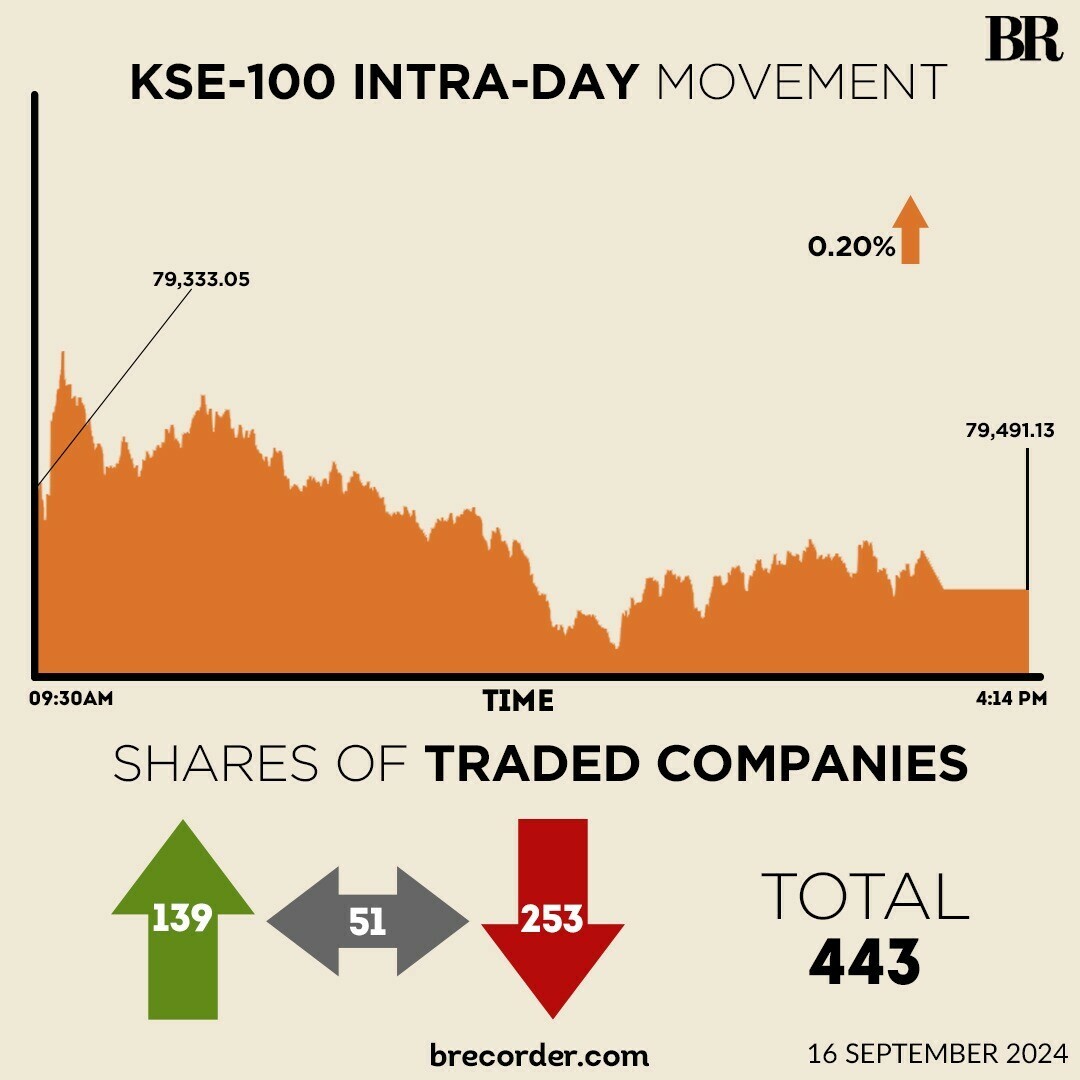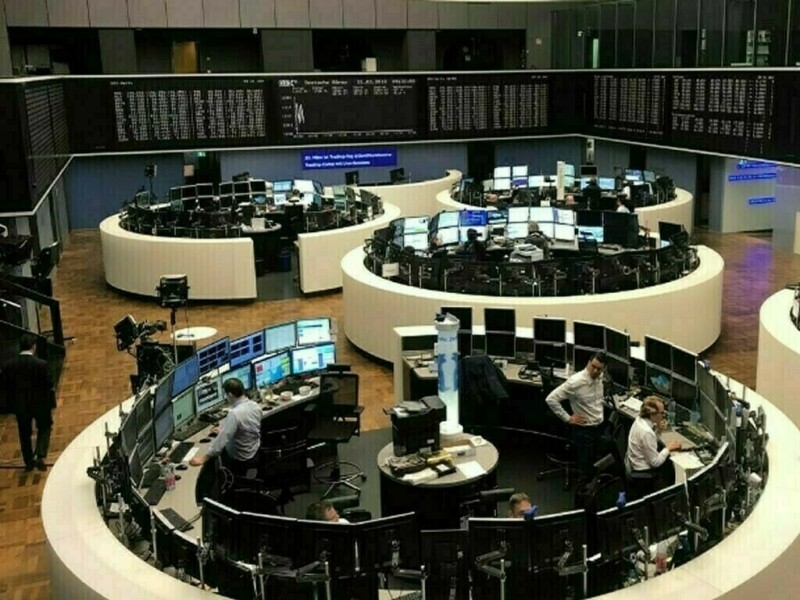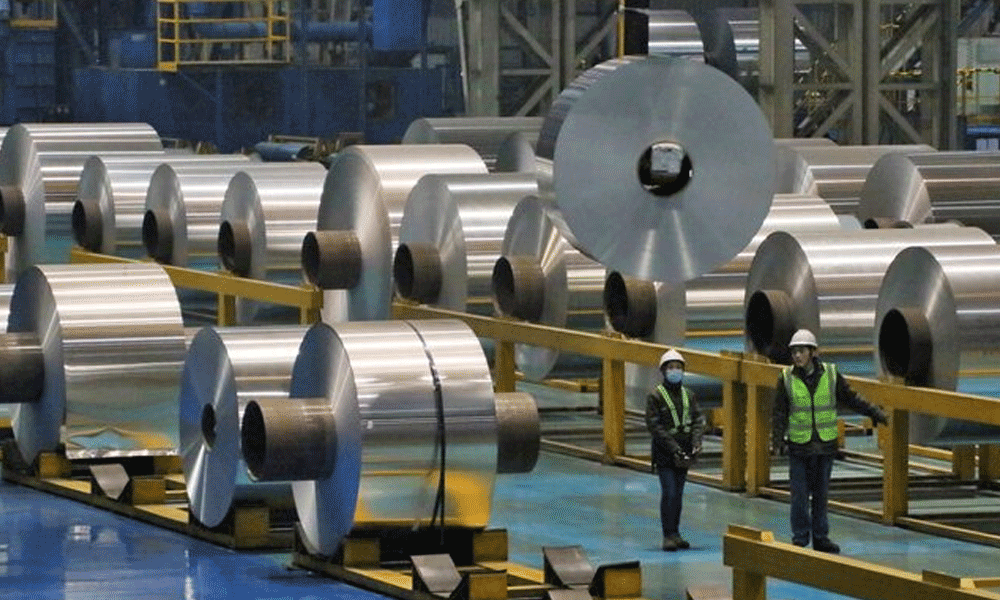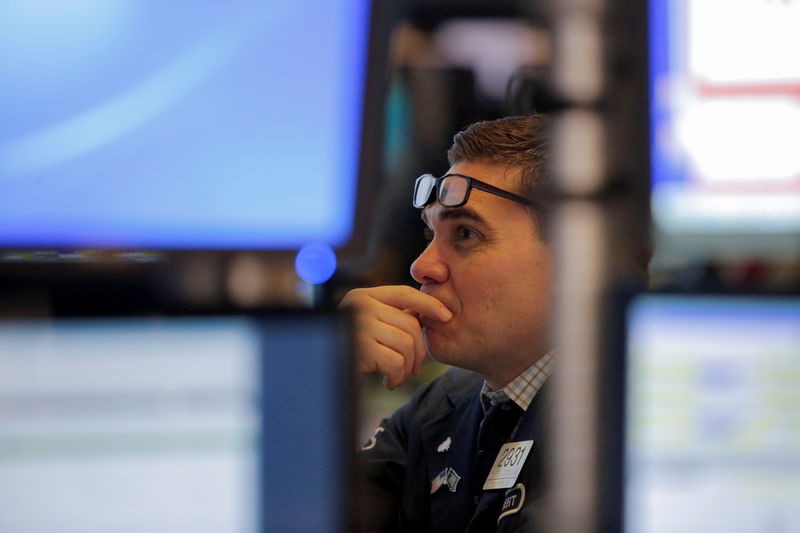
© Reuters.
By Geoffrey Smith
Investing.com — The U.S. is expected to have added nearly half a million jobs again in March, as the surge in living costs lures inactive workers back into the labor force. Eurozone inflation hits an all-time high and manufacturing slows sharply as the effects of war in Ukraine appear in the economic data for the first time. Stocks are set to open the second quarter with a bounce after ending the first one on a low note, while China’s Covid-19 lockdowns and a slew of stock market suspensions revive concerns about the world’s second-largest economy. Oil prices are back firmly above $100 a barrel. Here’s what you need to know in financial markets on Friday, 1st April.
1. Payrolls seen posting another solid rise; look out for the participation rate
It’s payrolls day, and the monthly employment report at 8:30 AM ET (1230 GMT) will cap a week of data from a labor market that remains as tight as a drum. The monthly JOLTS survey showed vacancies still close to record highs and the ‘quit rate’ ticking up in March.
Nonfarm payrolls are expected to have risen by 490,000, which can be seen as a step toward normalization after even bigger leaps earlier in the year as Covid-related restrictions were lifted.
The unemployment rate is expected to have fallen to 3.7% from 3.8%, while average hourly earnings growth is expected to slow to 0.4% from 0.6%, taking a little pressure off the Federal Reserve as it tries to get up to speed with overshooting inflation.
However, arguably the most important element of the report will be labor force participation, amid suspicions that higher living costs will tempt people back into work.
2. Eurozone inflation hits record, U.K. energy prices soar – but Russian gas keeps flowing
Higher living costs are front and center in Europe again Friday, with Eurozone inflation hitting 7.5% in March, the highest since the euro was created. There’s worse to come, given the ongoing increase in energy prices, so a 13-month low in S&P Global (NYSE:SPGI)’s manufacturing PMI came as no surprise.
In the U.K., a rise in the household energy price cap takes effect, which will lead to immediate and sharp rises in bills for many consumers, especially poorer ones.
The situation is even worse in North Africa, where inflation is being driven by rocketing food prices, according to a new report by the UN’s World Food Program.
Both developments are traceable at least in part to Russia’s invasion of Ukraine, which has disrupted world trade in grains, and oil and gas. Russian gas continues to flow to Europe, however, after a tweak to new rules insisting on payment in rubles. The net effects of the new arrangements are cosmetic. With spot prices spiking, transmission system data showed Russia shipping more gas to Europe than at any time in the last four months as buyers relied more on their long-term contracts with Gazprom (MCX:GAZP).
3. Stocks set to open higher; Ford, GM idle plants due to parts shortages
U.S. stock markets are set to open higher after finishing the first quarter on a sour note, with all the three main indices losing around 1.5%.
By 06:15 AM ET (1015 GMT), Dow Jones futures were up 210 points, or 0.6%, while S&P 500 futures were also up 0.6% and Nasdaq 100 futures were up 0.8%.
The mood is being clouded by renewed fears of supply chain disruptions as the Covid-19 lockdowns in China spread to affect more and more factories and logistics hubs.
Ford and GM both said late on Thursday that they will temporarily shut some plants due to component shortages.
4. China factories contraction; mass suspension of real estate developer stocks
China’s Covid-19 numbers remain a source of some controversy, but the Caixin Manufacturing PMI, which covers the country’s smaller and independent businesses, followed the state-dominated official PMI in signalling a contraction in activity in March. It fell to 48.1, its lowest in two years, from 50.4 in February.
There was also fresh evidence of the unsolved problems in the country’s real estate sector, as the Hong Kong Stock Exchange suspended over 30 companies for failing to meet a deadline for filing full-year reports. The companies suspended included developers Shimao – previously seen as one of the strongest balance sheets in the sector – and Kaisa, one of the biggest Chinese users of the foreign bond markets.
Chinese diplomats meet with the EU in Brussels later, but are not expected to signal any weakening of the country’s support for Russia in its war against Ukraine.
5. Oil back above $100 as OPEC+ hits the buffers
Crude oil prices regained their mojo after taking a big hit earlier in the week from President Joe Biden’s plan to unlock the Strategic Petroleum Reserve.
By 6:25 AM ET, U.S. crude futures were down 0.1% at $100.19 a barrel, having earlier hit a high of $100.84 while Brent crude, the global benchmark, was up 0.1% at $104.85 a barrel.
That follows a routine refusal on Thursday by OPEC and its partners (most importantly, Russia) to increase output by any more than the planned 432,000 barrels a day from May 1. Anyone looking for extra barrels will have to look to Baker Hughes’ U.S. rig count later in the day, where signs of drilling activity have picked up sharply in recent months as the prospects for a lengthy period of above-trend prices have brightened.
Source: Investing.com


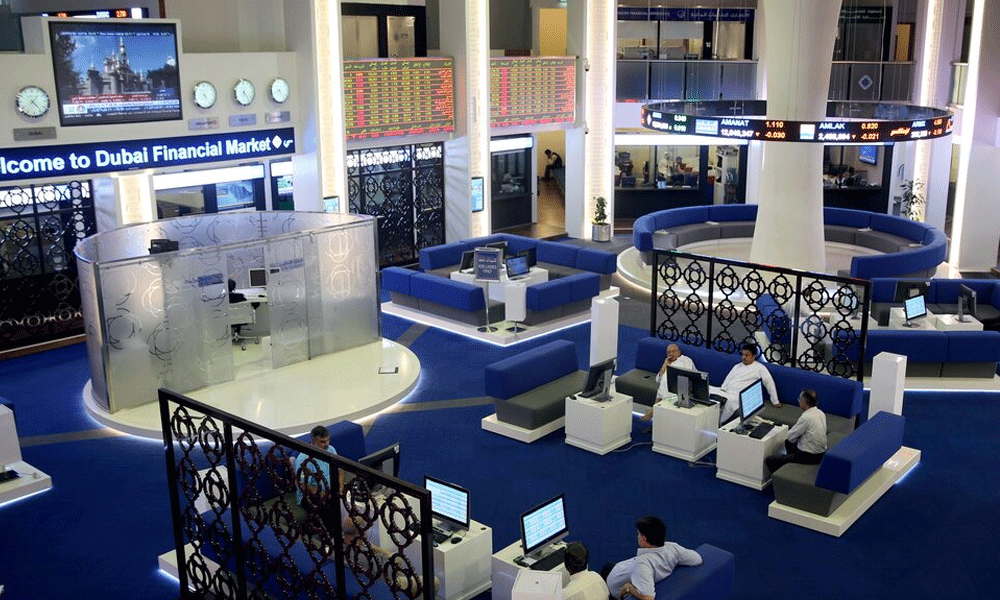
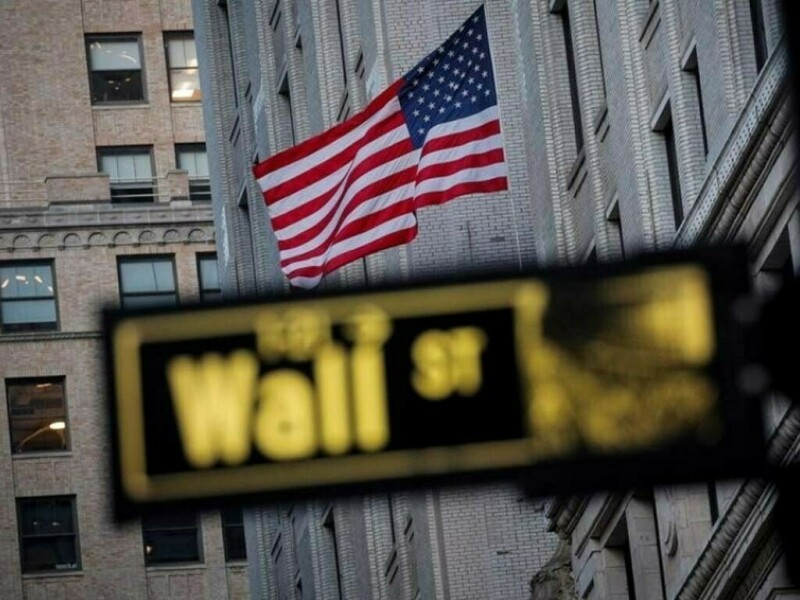
![[Geojit Comtrade] Daily report on Natural Rubber: December 4, 2012](https://globalrubbermarkets.com/wp-content/uploads/2024/08/geojit-comtrade-daily-report-on-natural-rubber-december-4-2012.jpg)





